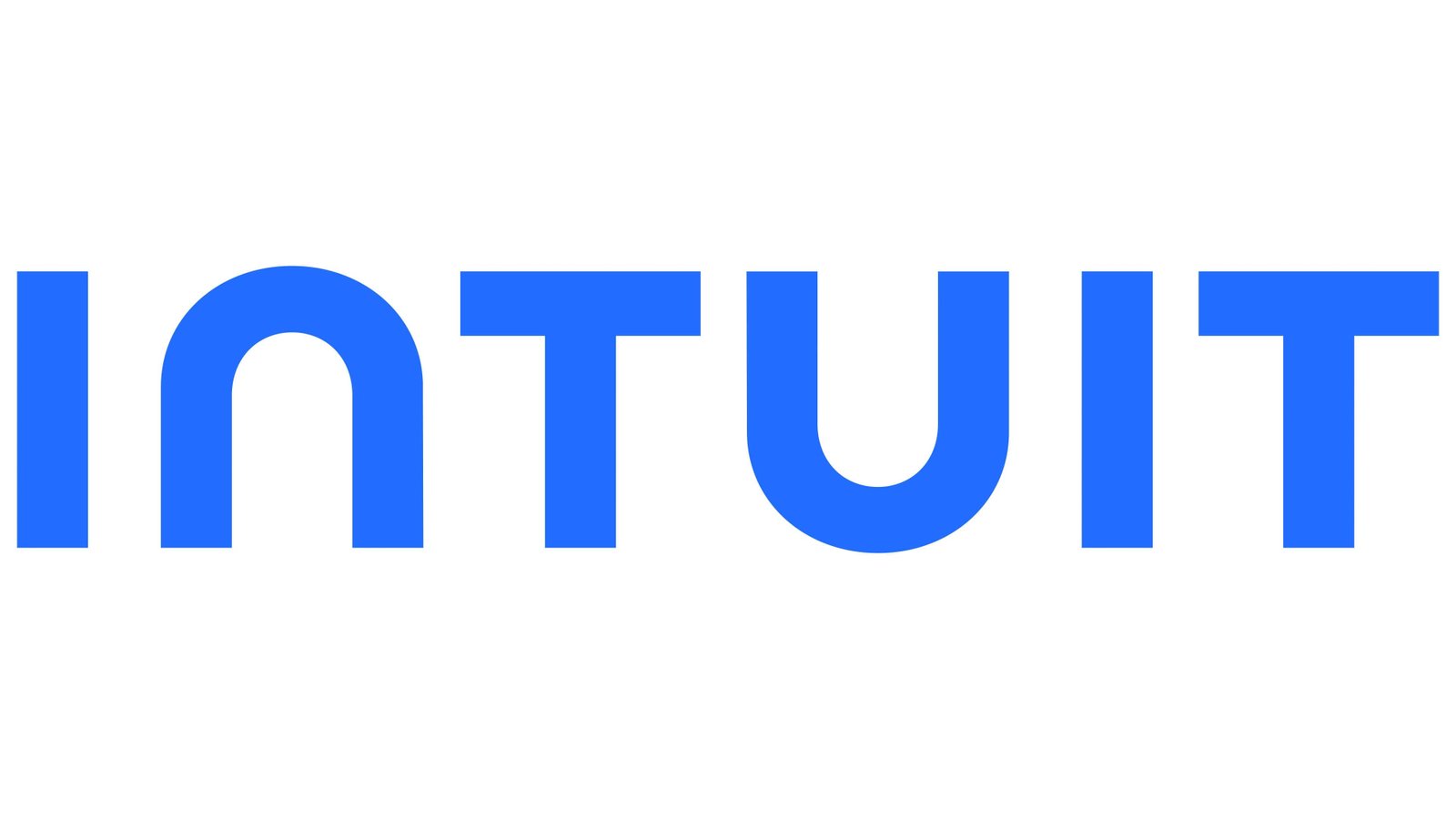DuckDuckGo is a privacy-centric search engine launched in 2008 by Gabriel Weinberg. It is designed to provide a secure and anonymous search experience, distinguishing itself from other search engines by prioritizing user privacy and avoiding the tracking of personal information. DuckDuckGo has grown in popularity as privacy concerns have increased, offering a reliable alternative for those seeking to protect their online activities from data collection and tracking.
Key Features and Functionality:
-
Privacy Protection: DuckDuckGo does not track, store, or share any personal information about its users. This means no search history is recorded, and users can search the web without fear of their queries being used for targeted advertising or other purposes.
-
Anonymous Browsing: By not collecting personal data, DuckDuckGo ensures that all searches are conducted anonymously. This approach prevents the creation of user profiles and maintains the confidentiality of search behaviors.
-
Unbiased Search Results: DuckDuckGo delivers search results that are free from the personalized biases that other search engines might introduce. By not tracking user data, the search engine provides the same results for the same query to all users, ensuring a more objective search experience.
-
Bang Commands: DuckDuckGo offers a unique feature called "bangs," which are shortcuts that allow users to search directly on other websites. By typing an exclamation mark followed by a site-specific keyword (e.g., !w for Wikipedia), users can quickly navigate to search results on that site.
-
Enhanced Search Experience: The search engine aggregates results from hundreds of sources, including major search engines, and enriches them with information from its own crawler. This ensures comprehensive and high-quality search results.
-
Clean and Simple Interface: DuckDuckGo features an uncluttered, straightforward interface that focuses on delivering search results without distractions. This user-friendly design enhances the overall search experience.
-
Instant Answers: Similar to Google's Knowledge Graph, DuckDuckGo provides instant answers to common queries directly at the top of the search results page. These instant answers are sourced from reliable databases like Wikipedia, making it easy for users to get quick information.
-
Encrypted Searches: All searches on DuckDuckGo are encrypted using HTTPS, ensuring that search queries are secure and cannot be intercepted by third parties.
-
Ad-Free Option: While DuckDuckGo displays non-tracking ads based on search keywords, users have the option to disable ads entirely, promoting an uninterrupted and clean search experience.
-
Cross-Platform Availability: DuckDuckGo is accessible via web browsers and also offers dedicated apps for iOS and Android, ensuring privacy across all devices. Additionally, browser extensions are available to set DuckDuckGo as the default search engine and enhance privacy features.
Commitment to Transparency and Trust:
- Transparency Reports: DuckDuckGo publishes regular transparency reports detailing any requests for user data and their responses, emphasizing their commitment to user privacy.
- Open Source Contributions: The company contributes to open-source projects and maintains open-source components of its software, fostering a community-driven approach to privacy.
DuckDuckGo's focus on privacy, unbiased search results, and user-friendly interface make it a compelling choice for users who prioritize anonymity and security in their online searches. As concerns over digital privacy continue to grow, DuckDuckGo stands out as a trusted and reliable search engine alternative.





















